Life
Sign up for our newsletter
We summarize the week's scientific breakthroughs every Thursday.
-
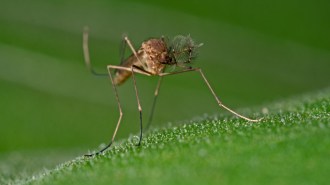 Animals
AnimalsMosquitoes infiltrated Iceland. Will they survive the winter?
Mosquitoes have reached Iceland, a place once thought too harsh for them to survive. Climate change may play a role in this shift.
- Chemistry
A new AI technique may aid violent crime forensics
An AI tool trained on chemical signatures from corpse-eating insects may help determine time and place of death for victims of violent crimes.
By Meghan Rosen -
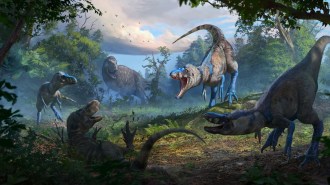 Paleontology
PaleontologyNanotyrannus was not a teenaged T. rex
A new Nanotyrannus fossil suggests the diminutive dino lived alongside T. rex in the late Cretaceous Period.
-
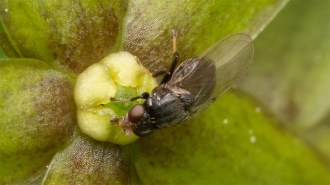 Plants
PlantsThis flower smells like injured ants — and flies can’t resist it
A type of Japanese dogsbane releases a scent identical to wounded ants’ distress signal, drawing in scavenging flies that unwittingly pollinate it.
- Animals
Deep Antarctic waters hold geometric communities of fish nests
Scientists found thousands of patterned fish nests in Antarctica’s Weddell Sea, boosting calls for marine protected areas.
By Carly Kay -
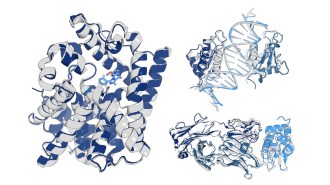 Artificial Intelligence
Artificial IntelligenceThe AI model OpenFold3 takes a crucial step in making protein predictions
The open-source AI model improves transparency in predicting how proteins interact with other molecules, which could speed up drug discovery.
-
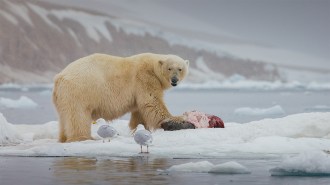 Animals
AnimalsPolar bears provide millions of kilograms of food for other Arctic species
A new study shows how much food polar bears leave behind — and how their decline threatens scavengers across the Arctic.
-
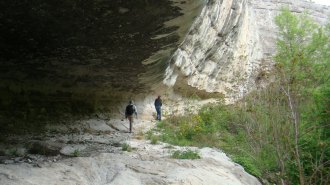 Anthropology
AnthropologyDNA reveals Neandertals traveled thousands of kilometers into Asia
DNA and stone tool comparisons suggest Eastern European Neandertals trekked 3,000 kilometers to Siberia, where they left a genetic and cultural mark.
By Bruce Bower -
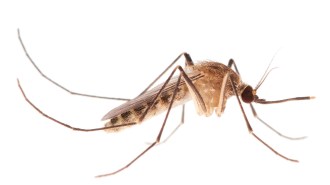 Animals
AnimalsSubway mosquitoes evolved millennia ago in ancient Mediterranean cities
A variety of subway-dwelling mosquito seems like a modern artifact. But genomic analysis reveals the insect got its evolutionary start millennia ago.
By Jake Buehler -
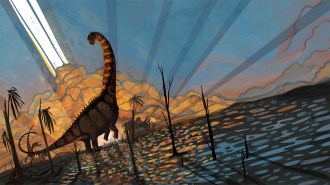 Paleontology
PaleontologyDinosaurs were thriving before the asteroid hit, new analysis suggests
New dating of New Mexico rocks suggest diverse dinosaurs thrived there just before the impact, countering the idea dinos were already on their way out.
-
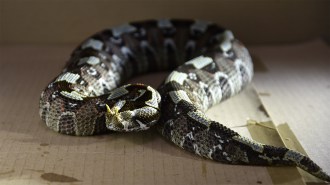 Animals
AnimalsWhich venomous snakes strike the fastest?
Vipers have the fastest strikes, but snakes from other families can give some slower vipers stiff competition.
-
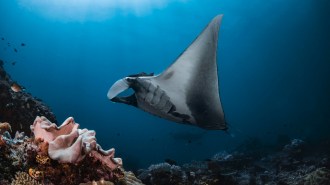 Animals
AnimalsScientists and fishers have teamed up to find a way to save manta rays
Thousands of at-risk manta and devil rays become accidental bycatch in tuna fishing nets every year. A simple sorting grid could help save them.